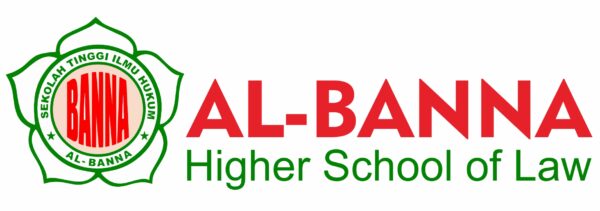Strengthening of State Company on Strategic Commodities in Indonesia for Food Security Interest Under WTO Rules
DOI:
https://doi.org/10.70193/cendekia.v3i1.174Keywords:
Food Security, the WTO Agreements, National SecurityAbstract
Food sufficiency is a global matter which is being debated among global leaders. Unstable food prices result in people suffering obstacle to access on the commodity with affordable price. Some developing countries attempt to secure stockpile through procurement duty of state trading company. Meanwhile, the WTO provision prohibits domination of state-owned enterprise which lead to trade distortion. This article would like to observe pertaining to the role of state-owned enterprise to secure supply of food security. It aims to analyze improvements of state company to dominate in terms of protection of national security. This article uses doctrinal legal research methodology with primary sources originate from the rules of law, including library data as secondary sources. Principally, Article XVII of the GATT does not allow the members state to favor state-owned company to trade among the members, except for necessary circumstances. However, the MC13 concludes to overlook Art. XVII and Agreement on Agriculture (AoA) provisions to monopolize procurement and distribution as public stockholding. This measures may grant special privilege for state company to dominate in holding some commodities under national program. It has been carried out by Food Corporation of India (FCI) which secure national food security.
Downloads
Downloads
Published
How to Cite
Issue
Section
License
Copyright (c) 2025 Cendekia : Jurnal Hukum, Sosial dan Humaniora

This work is licensed under a Creative Commons Attribution 4.0 International License.













